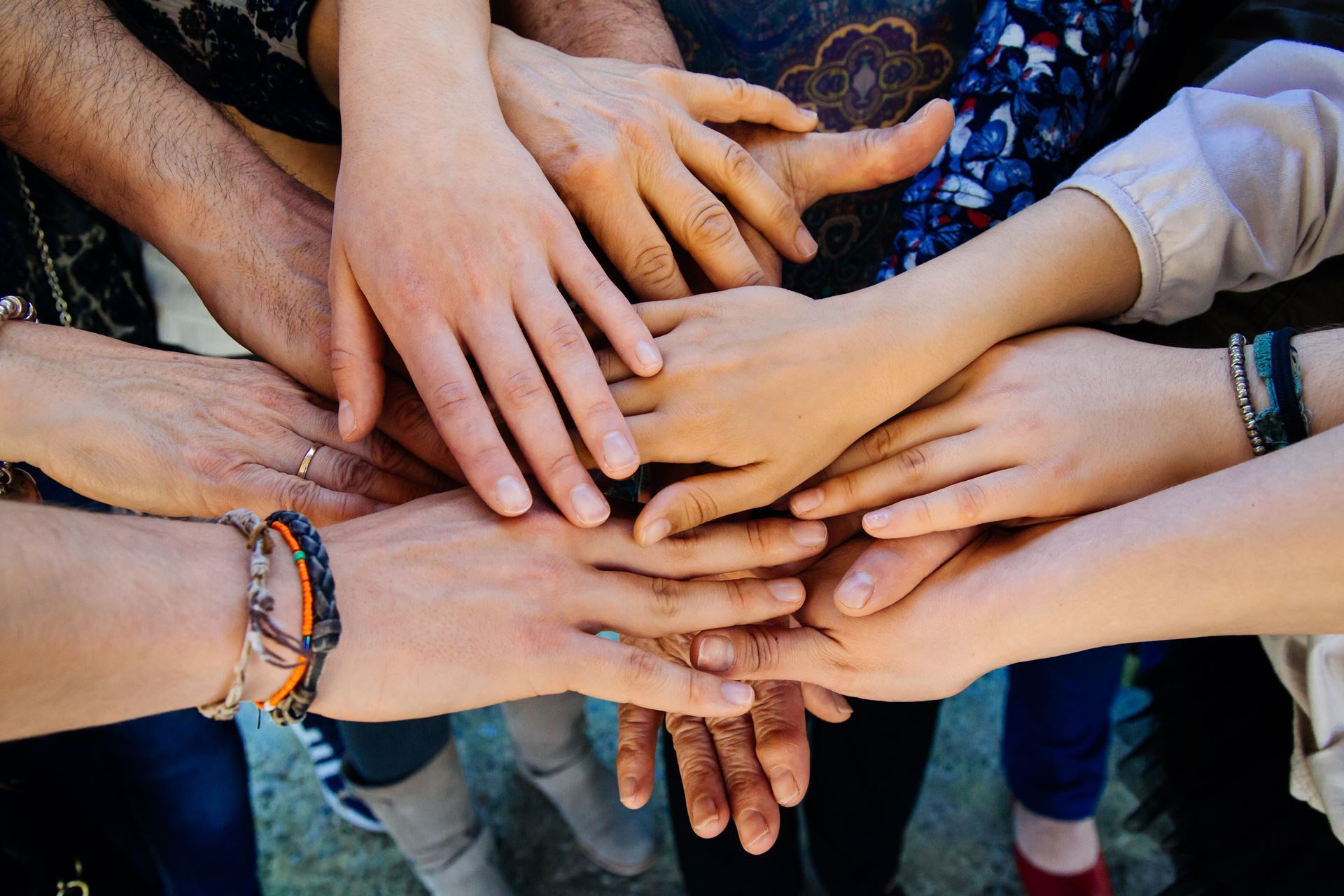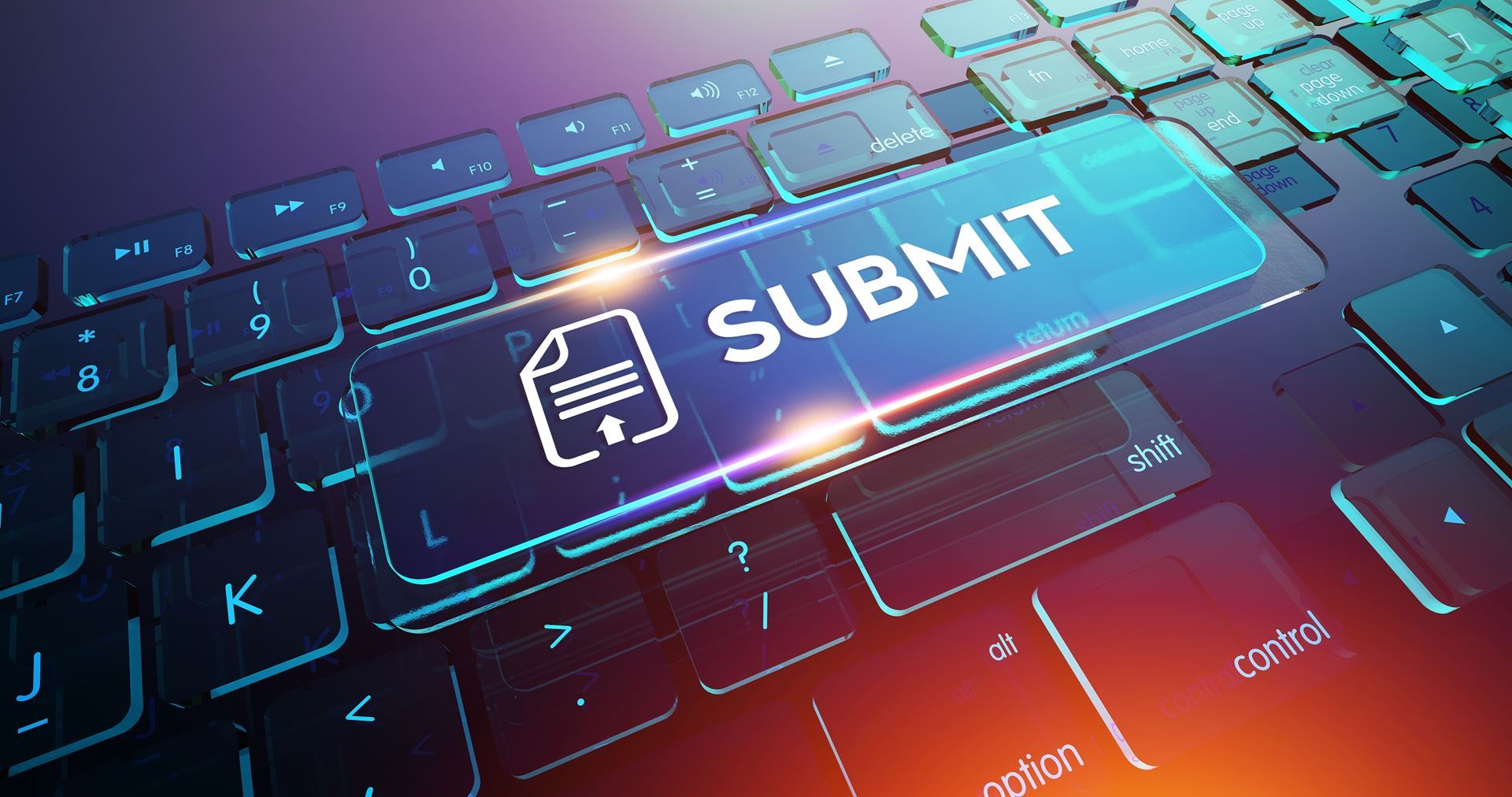Truth and Reconciliation at the ACA ConferenceSince 2009, the ACA Annual Conference has included presentations, panels, plenaries, keynotes, and social activities on the themes of Indigenous Peoples and Truth and Reconciliation. Below is a selected list of relevant conference information. For more information about these sessions or future ACA Conferences, visit the conference homepage. 2019 Archival Origins (Toronto)First Peoples, First Records: Archives and Commissions Affecting Indigenous Peoples (Plenary) This plenary offered updates and insights into important reconciliation projects, including LAC's response to Call to Action 69, the National Inquiry into Missing and Murdered Indigenous Women and Girls (MMIWG), and the ongoing work of the National Centre for Truth and Reconciliation (NCTR).
Reconciliation and Archival Harm Reduction (Panel) This session provided an update on the work of the Truth and Reconciliation Commission Taskforce (TRCTF), as well as multidisciplinary perspectives on decolonization and reconciliation in archival spaces.
Indigenization of Archives (Panel) This panel included papers related to ongoing efforts in the heritage and academic community to nurture indigenous partnerships and preserve indigenous knowledge.
Where We Stand: Archival Decolonization as Social Justice (Panel) In this session, each panelist offered a critical retelling of the Canadian archival origin story, and inspired discussion of how a more expansive story could help reconceptualize archival work as the work of justice.
Utilizing AtoM to Promote Decolonizing Archival (Workshop) This 2-part workshop was led by Jesse Boiteau, Chris Zaste, and Carmen Meidema of the National Research Centre for Truth and Reconciliation (NRCTR). Participants gained hands-on experience with AtoM while leaders demonstrated how the NCTR uses AtoM to showcase the unacknowledged web of relationships that has forever been present in Western archives. 2018 Truth, Trust and Technology (Edmonton)Data Sovereignty and Indigenous Sovereignty (Plenary Session) The panelists are part of a collaboration to guide authenticity while simultaneously avoiding appropriation in records information and data management for Indigenous Peoples.
Indigenous Voices: Speaking on Truths, Trust and Technology (Panel) In this time of both reconciliation and ever-deploying technology, archivists should hear directly from Indigenous People who are the subjects, users and caretakers of records.
Building Trust, Creating Foundations: Updates on Reconciliation Action and Awareness (Panel) This session featured reconciliation action and awareness initiatives within LAC, the Royal BC Museum, and by the SCCA’s Response to the Report of the TRC Task Force (TRC-TF).
2017 Archives. disrupted (Ottawa)Preserving Inuit Culture and Language in Canada’s Arctic (Panel) Presenters outlined the archival and digital preservation training program that was developed for the Inuit Broadcasting Corporation to meet the challenges of preserving Inuit language and culture during the Confederation Era.
Closing Keynote with Eugene Arcand (Plenary) Eugene Arcand is a Cree human being from the Muskeg Lake First Nation in Saskatchewan and a member of the Survivors Circle of the National Centre for Truth and Reconciliation. He spoke on the development and processes associated with the Indian Residential School Settlement Agreement era, and the role of memory in working toward reconciliation. 2015 Perspectives on the Archival Horizon (Regina)Reconciliation Archiving: Building the National Research Centre for Truth and Reconciliation (Panel) Panelists discussed the NRCTR as the permanent and enduring memory of the Indian Residential School system. Topics included the role of archivists in reconciliation and Indigenous concepts of intellectual property.
2014 Archivatopia (Victoria)Looking Toward the Future: Aboriginal Archives in Canada and the United States (Panel) Panelists looked at Canadian and US perspectives on aboriginal archives and possible collaborations that occur between source communities and archives.
2013 Community as Archives, Archives as Community (Winnipeg)Learning from Indigenous Archival Partnerships and Digital Collaborations (Workshop) Participants explored collaborative digital initiatives between archival institutions and Indigenous communities. Sessions used existing digital resources as learning tools to create and manage digital archive projects. Sessions were presented by both archival and Indigenous community members in order to provide examples of good practices of community engagement. By exploring the goals, implementation and demonstrations of successful projects, participants critically engaged with the practice of collaborative archiving. Sessions will also touch on working effectively with Aboriginal Advisory Groups and a demonstration of the Indigitization audio cassette digitization equipment. “If These Are Your Records, Where Are Your Stories?” (Paper) As part of a traditional paper session entitled Stories and Communities, Sarah Gauntlett discussed archival records of the Ojibwe Anishnaabe community, drawing on Indigenous intellectual traditions as well as theories of the records continuum and societal provenance. Her discussion focussed on oral history records, because of their importance in Anishnaabe traditions, and the challenges they continue to present to standard archival practice.
Journey to Reconciliation: Church Records and the Indian Residential Schools Legacy (Panel) Archivists from three church archives described their institutions’ responses to the Indian Residential Schools Legacy. Kim Arnold detailed the Presbyterian Church of Canada Archives’ role in identifying, verifying, and producing church records, as this process relates to the evolution of records, initial use in litigation and subsequently as tools for greater understanding and community building. Nancy Hurn investigated how access to textual and photographic records held by the Government of Canada, the churches and religious entities involved in administering the residential schools have proven to assist residential schools survivors in understanding and addressing the pain experienced as former students. Finally, Nichole Vonk examined the United Church Archives’ experience creating online exhibits that examine the Church's history with First Nations and will examine the protocols established for online sites and lessons learned. The United Church Archives has created two thematic online sites that attempt to live out the Church’s apologies to Aboriginal people by building “right relations” based on truth-telling.
Healing Through Archives: International Perspectives on Truth, Reconciliation, and Coming to Terms with the Past (Panel) Since 2009, the Truth and Reconciliation Commission of Canada (TRC) has been working on an ambitious project to build an oral history collection. TRC archivists Peter Houston and Raegan Swanson explained how they have worked with the community of survivors to collect and preserve their stories while simultaneously respecting privacy and cultural traditions. From 2003 to 2005, Delene Cuddihy worked in East Timor to establish the archives of the CAVR – the Reception, Truth and Reconciliation Commission. Delene discussed how she came to understand the importance of North-South interdependence and solidarity and the vital role of storytelling in dialogue through her archival encounters with the East Timorese. In Australia, national inquiries into the institutional care of children have constructed three communities in the Australian policy landscape and public imagination: Stolen Generations, Former Child Migrants and Forgotten Australians. Cate O’Neill provided an analysis of the role played by community in the shaping of private and public memories and identities, and various forms of history-making, using the example of the Find & Connect web resource project.
Indigenous Knowing and Archives: Images, Ideas and Dialogue (Panel) This non-traditional session included short presentations from a variety of speakers and included ample time for audience participation and discussion.
2009 Rights, Responsibilities, Trust: Archives and Public Affairs (Calgary)Blackfoot Crossing (Tour) On this day trip, participants were led by historian and archivist Dr. Hugh Dempsey on a scenic drive to the Siksika (Blackfoot) First Nations Reserve to share stories of the historical signing of Treaty 7. Old Sun College, a former residential school, was visited en route, followed by a tour of the Siksika-run Blackfoot Crossing Museum. University of Calgary archaeologist accompanied participants to the onsite excavation site and provided background on the current dig. Opening Keynote with Dr. J.R. Miller (Plenary) Dr. Miller is the author of numerous books on Canadian Aboriginal issues, including Shingwauk’s Vision: A History of Native Residential Schools and Compact, Contract, Covenant: Aboriginal Treaty-Making in Canada. In this keynote, he discussed the importance of archivists and historians in telling the story of Indian Residential School in Canada. Is Reconciliation Possible? Archives and the Residential School Issue (Roundtable) Exploring the experience of residential school survivors, researchers, lawyers, and archivists, and whether "...the memories contained in archives diverge from the memories people carry with them." This session looked at the work of the Truth and Reconciliation Commission and the impact it will have on archives across the country, as well as discussing the continuing impact the schools have had on Aboriginal communities. In addition to identifying all existing sources, the TRC will also be collecting oral and written testimony of students and their descendants. This session provides an opportunity to discuss the archival implications of the TRC.
The Indian Residential Schools Settlement and Government Archives (Panel) The historical context for northern residential schools led to unique challenges when the Indian Residential Schools Settlement Agreement (IRSSA) was proposed. Since 2004, NWT Archives staff have been key intermediaries in ensuring northerners could access the federal programs under the IRSSA. Flexibility, efficiency and compassion were the guiding principles to cope with a radical shift in staff and resource allocation to deal with a dramatic workload increase. Library and Archives Canada has played a similar role, particularly with the impending work of the Truth and Reconciliation Commission (TRC). Both efforts highlight the existence of what has been described as record "gaps" in LAC's inventory, shedding needed light upon the parallel history of records management and archival practice.
Sharing Memories: Human Rights Issues and Access to the Records of Truth and Reconciliation Commissions (Panel) This panel included three papers dealing with international Truth and Reconciliation Commissions. Two featured case studies based on Truth and Reconciliation Commissions in Sierra Leone and Timor-Leste and raised the social issues and benefits surrounding access to TRC files and the construction of national memory that arises from the truth and reconciliation process. Where access is blocked by lack of political will or poor information infrastructure, TRC benefits are not realised. The third case study concerned appropriate placement of the Anfal files, which contained evidence of Saddam Hussein's genocidal campaign against the Kurds, exploring why they were returned to Kurdish authorities in Iraqi Kurdistan, rather than to the Iraq National Library and Archives in Baghdad.
Reconciliation, Reparation and Recordkeeping in Australia (Panel) This session explored the impact of past recordkeeping practices on policy formulation and implementation of reparation schemes in Australia, and questions what recordkeepers have learned from these pasts. Case studies from three Australian States relating to reparation schemes for Aboriginal people were discussed. The cases raised questions about the impact of historians' understandings of the recordkeeping skills of administrators on contemporary policy formulation and appraisal practices, issues relating to the search for evidence to support claims for repayment of controlled monies, and challenges faced where the paucity of surviving evidence results in a failure of claims for repayment.
|
Our Community
| Public Awareness & Advocacy
| Resources
| Submission Forms
|




